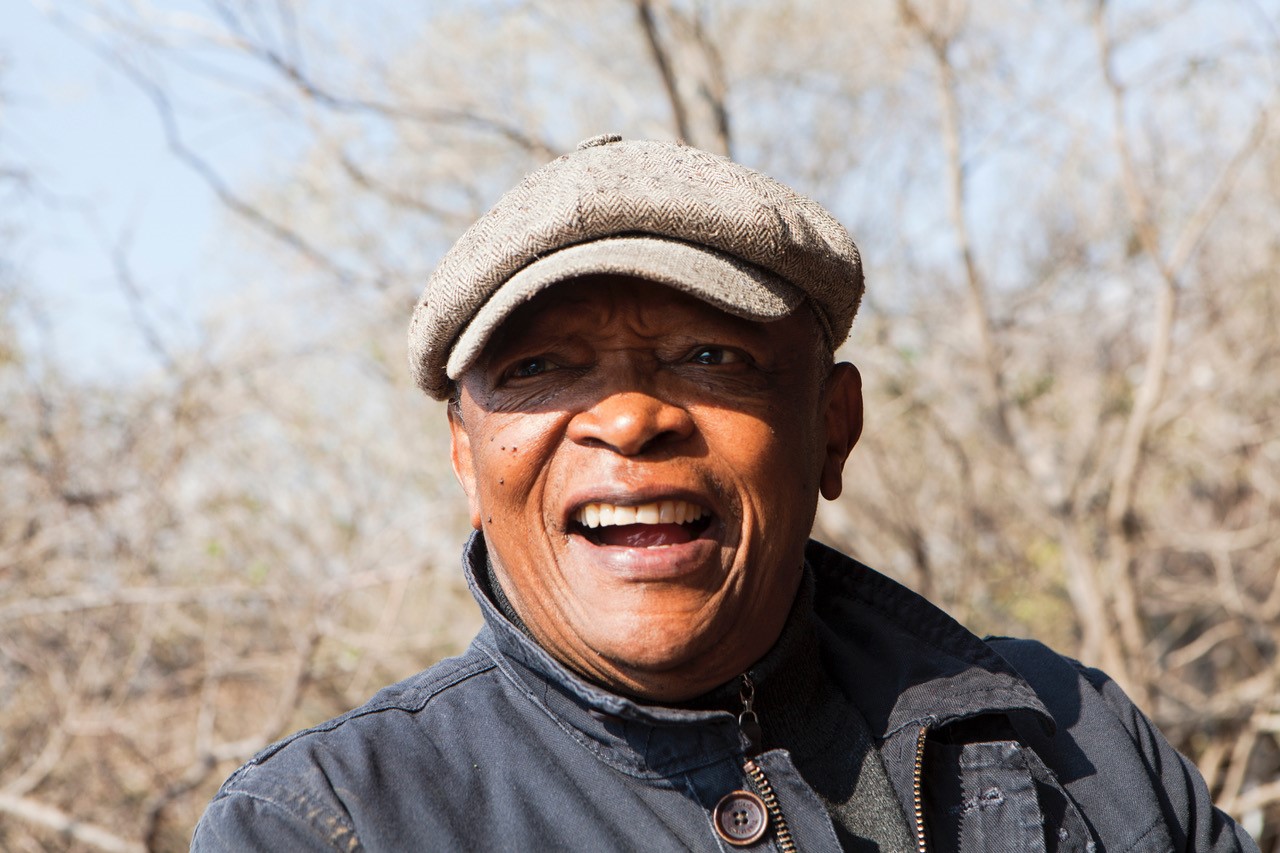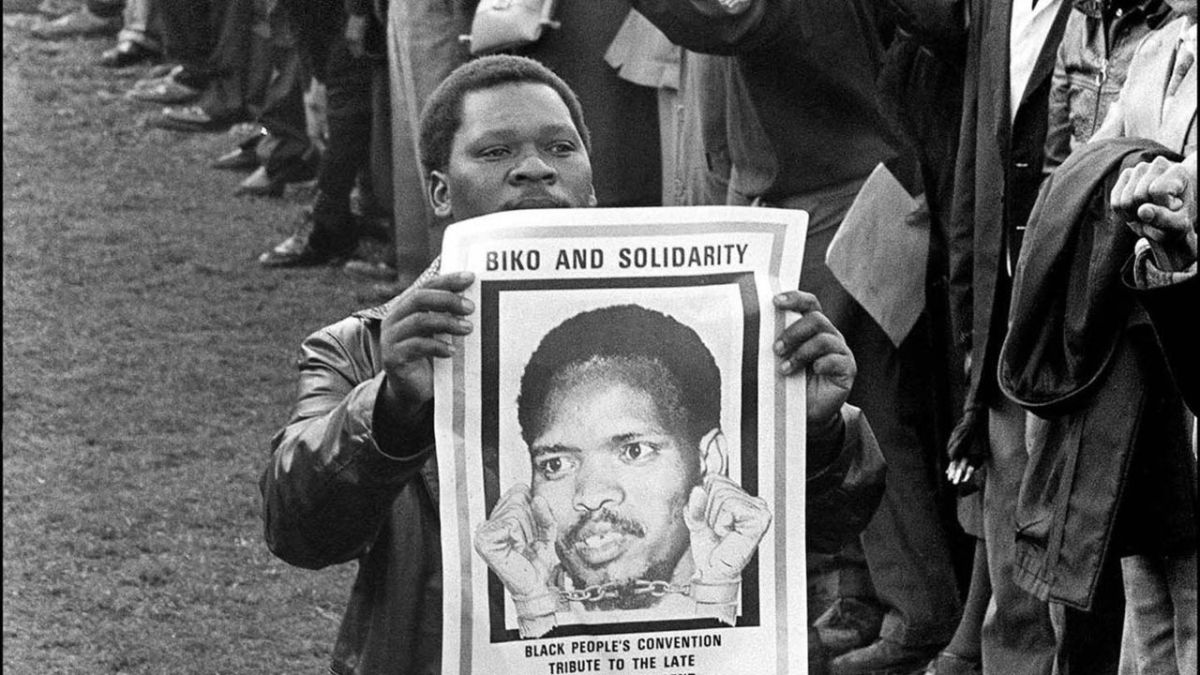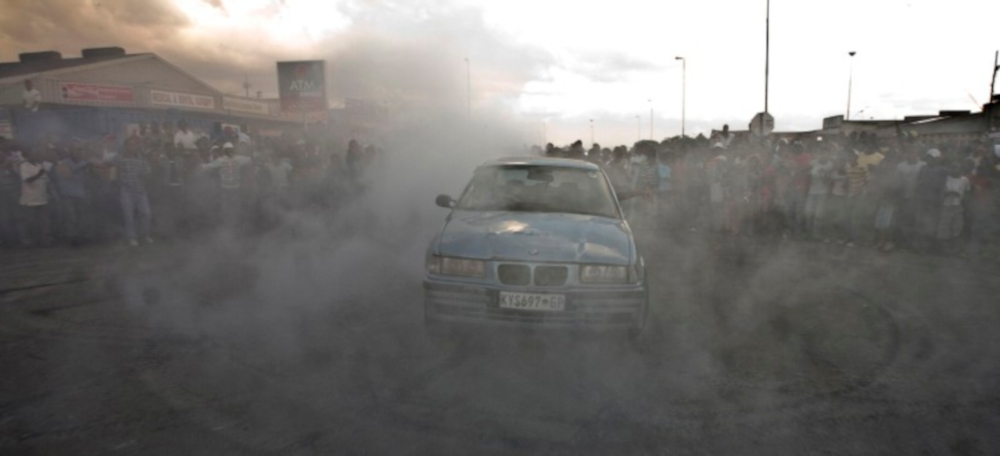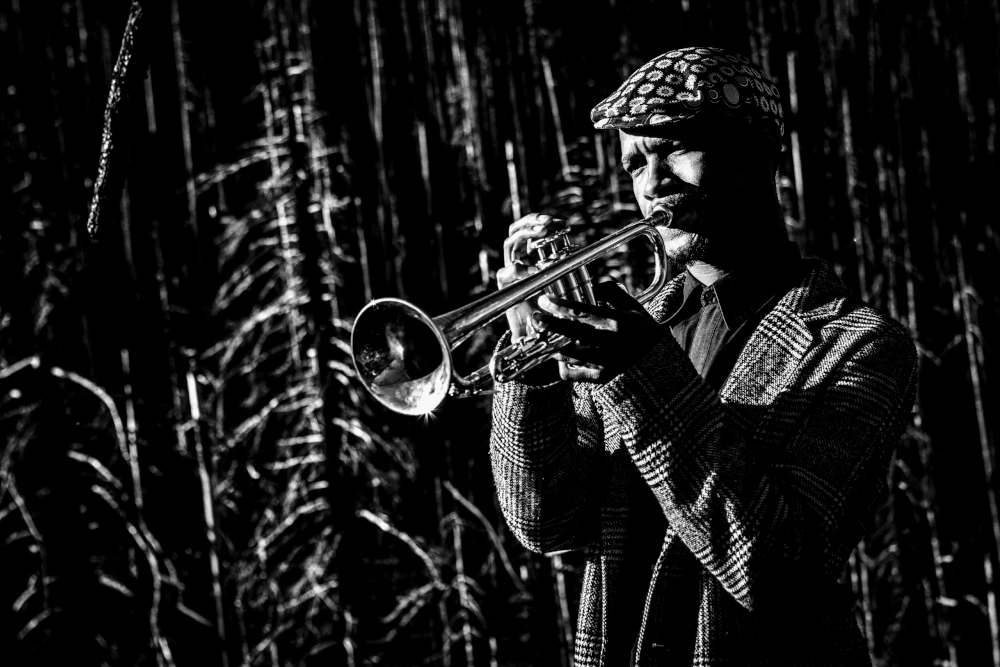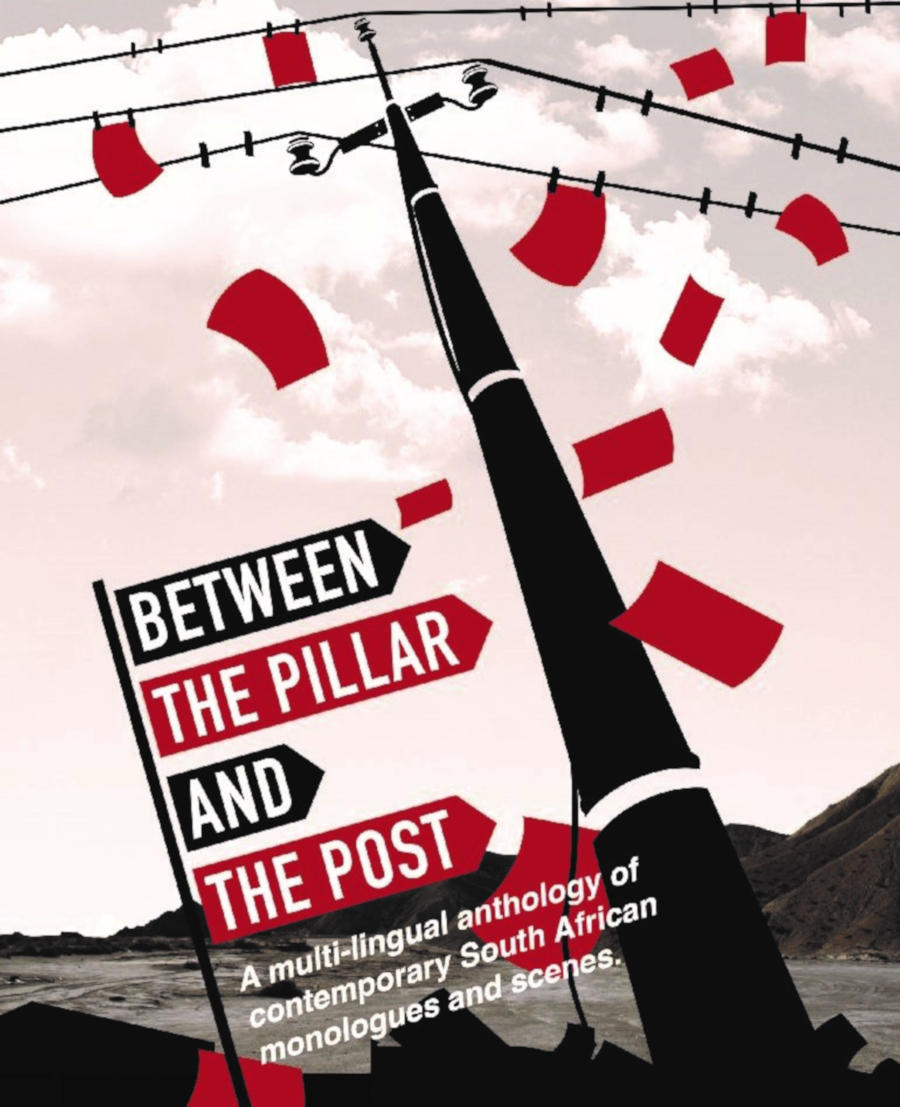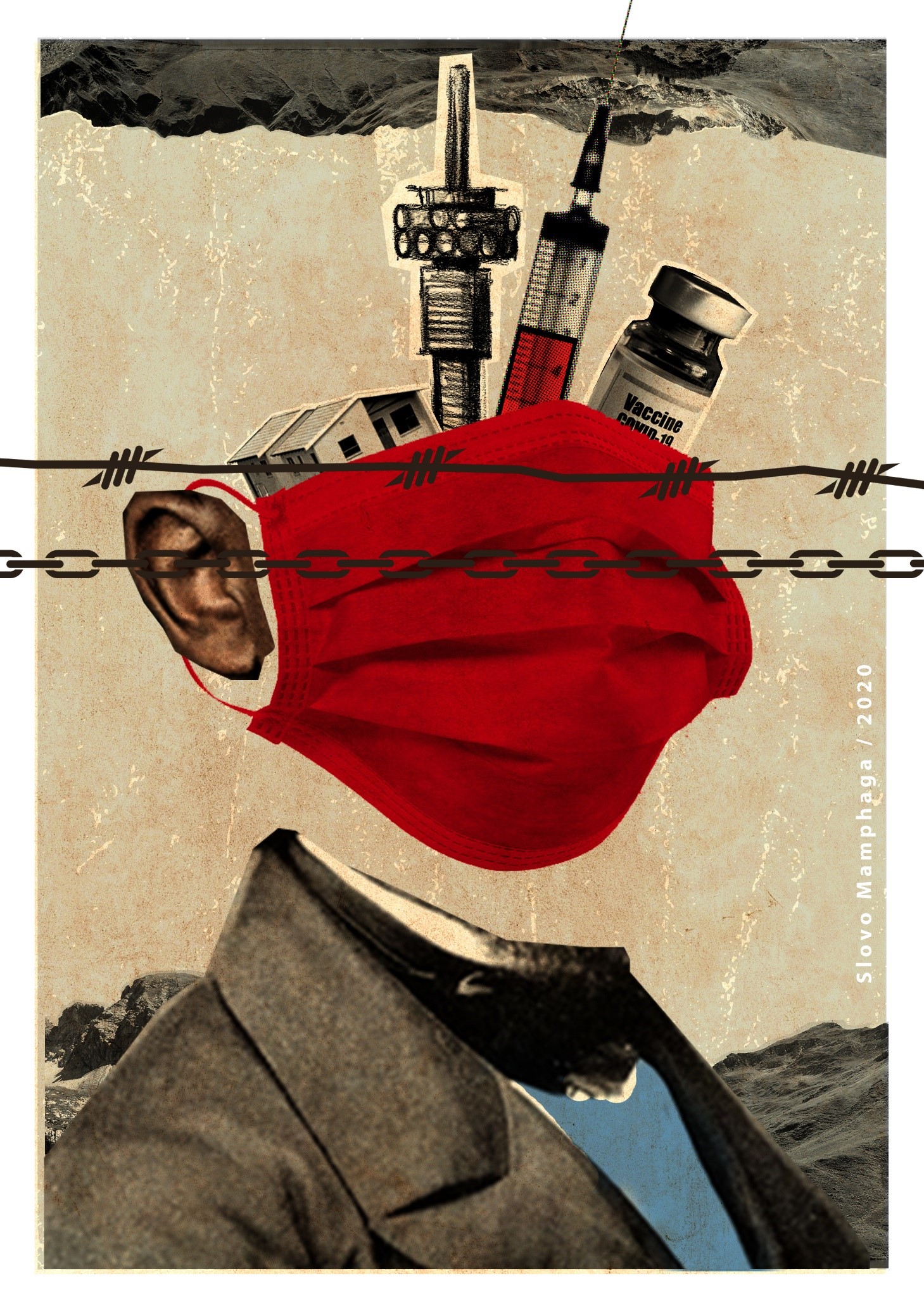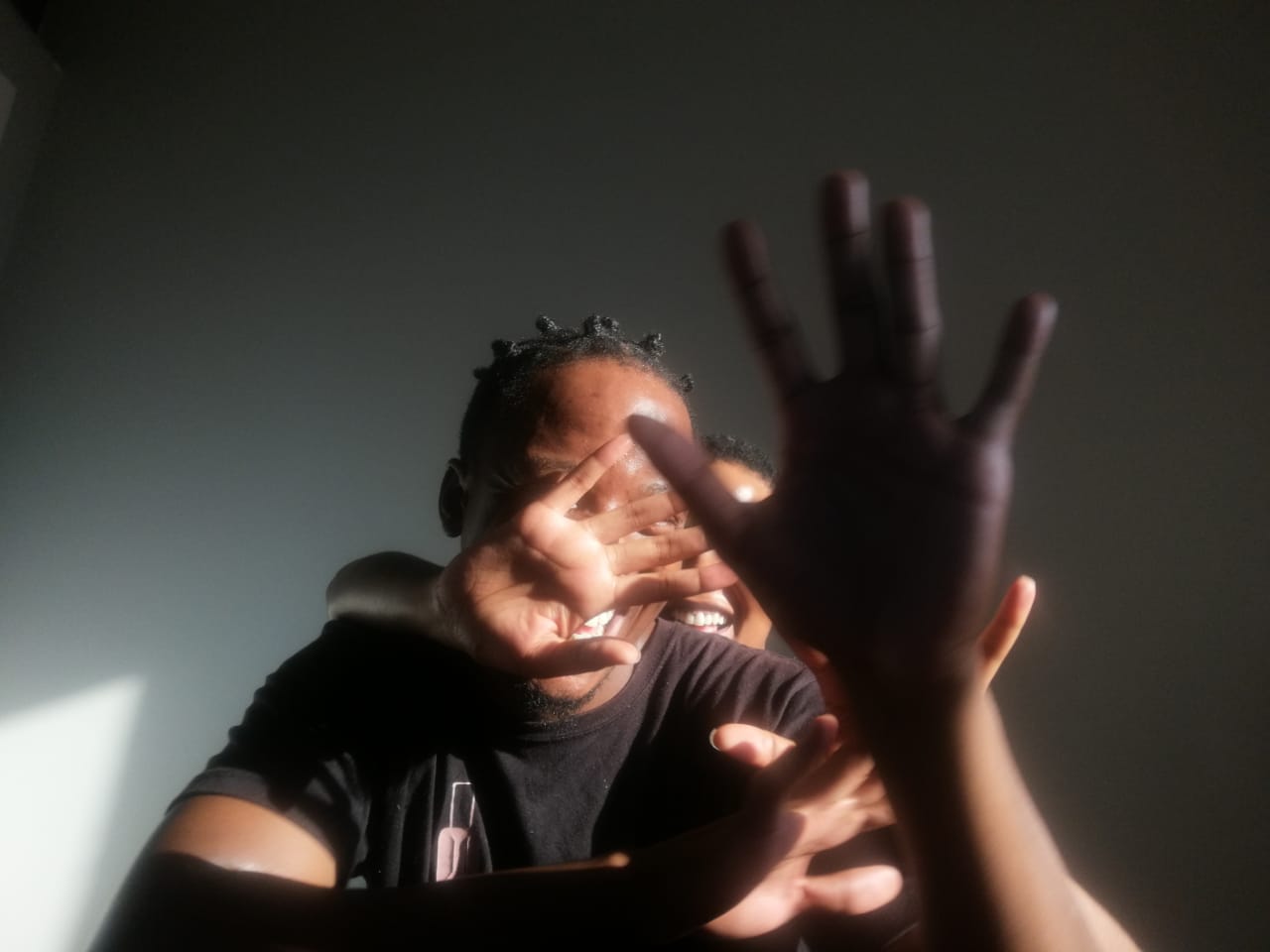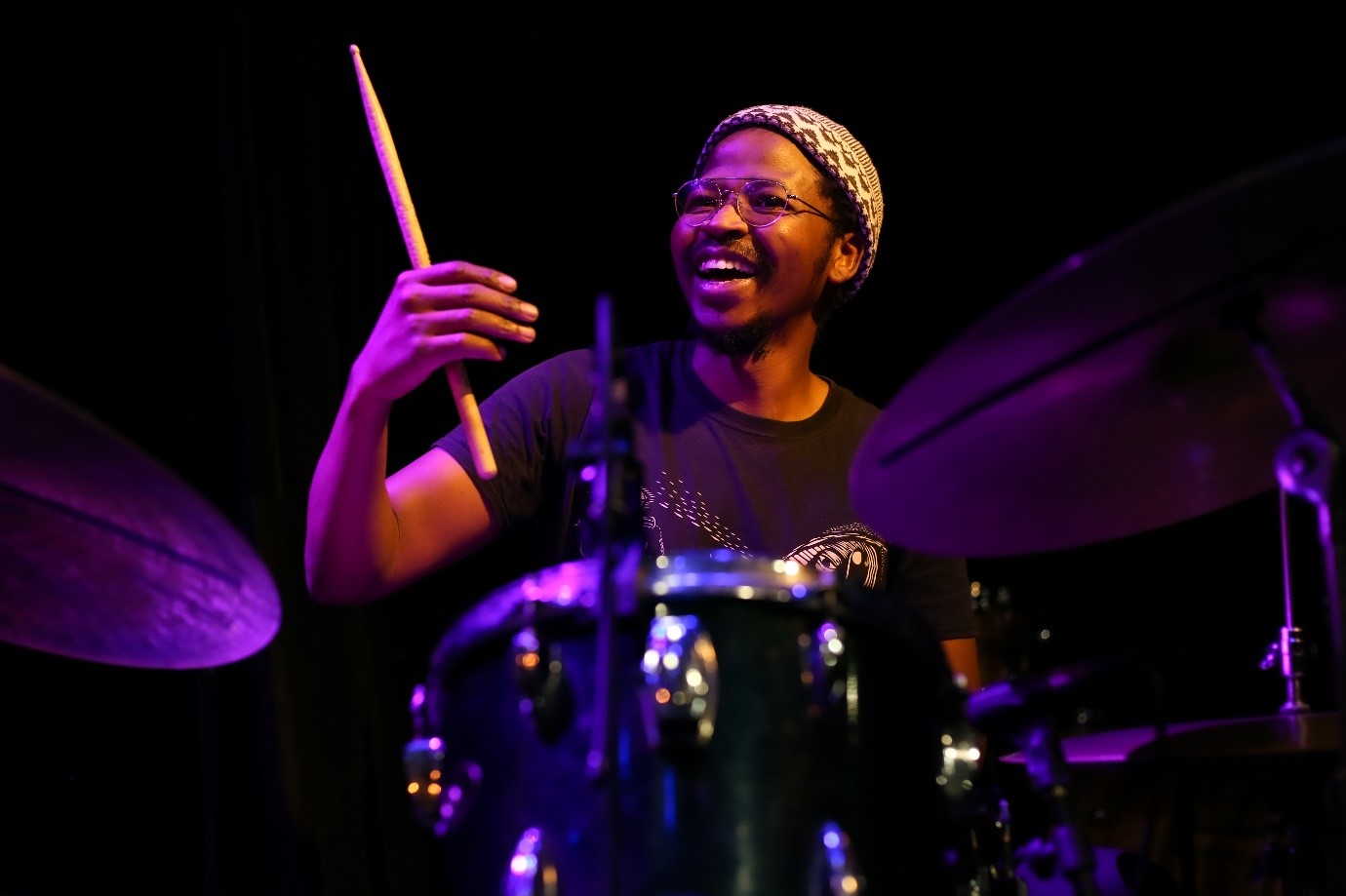Coming from a sold out performance of Concerning Blacks featuring Samthing Soweto at the Jo’burg Theatre, famed poet Makhafula Vilakazi returns for a rare one man performance of the popular show in Maboneng on December 7 at the Cosmopolitan Hotel.
The show has been described as thus:
“The concern that Vilakazi shows with the detail of the real words and tones and sounds of the personas that he writes, is a precise rediscovery of the ordinary. Vilakazi’s monologues are poetic acts with a quality of being enchanted with the detail of real life. It is the poetry in the everyday reality that makes these poems protest literature of the highest calibre. The protest brings the mass issues, for which the names of struggle icons are invoked, home to where the struggle is also lived; by those who die unknown.” Nondumiso Msimanga, Artistic Director and performance artist.
Indeed Makhafula’s Vilakazi’s concern is the continued dispossession of Africans in the country of their birth. Writing in The Wretched of The Earth, the chapter, Concerning Violence to be specific, Frantz Fanon writes, “The settler’s town is a strongly-built town, all made of stone and steel. It is a brightly-light town; the streets are covered with asphalt, and the garbage-cans swallow all the leavings, unseen, and unknown and hardly thought about. The settler’s feet are never visible, except perhaps in the sea; but there you’re never close enough to see them. His feet are protected by strong shoes although the streets of his town are clean and even, with no holes or stones. The settler’s town is a well-fed town, an easy going town; its belly is always full of good things. The settler’s town is a town of white people, of foreigners.”
These disparities in South Africa inform the bulk of Makhafula’s angst and he narrates these in regular kasi lingo that captures of both the mjita and scholar alike. Other themese include land, black love and protest.
The poet promises another set replete with songs from a new album scheduled to drop in the first quarter of 2019 and old favourites from his seminal debut, I’m Not Going back To The Township.
The Wretched
The Wretched is a trio consisting of vocalist Gabi Motuba, sound scape Healer Oran and drummer Tumi Mogorosi. The ensemble is focusing on the inter-textual nature of narrative using sound as a means to deliverance. The text being The Wretched of the Earth by Frantz Fanon gives a sonic space to interpret the sounds of the Wretched in terms of memory present and a search of future. The spaces of being are interrogated by sounds the moves beyond the conceptions of the pseudo-arrested development of the Wretched of the earth. Drummer, Tumi Mogorosi say the show “could be read as Concerning Violence in the Wretched of The Earth by our father Frantz Fanon; what beautiful but terrible synergy.”
For Further Information please contact Kulani Nkuna on 076 616 2845/ kulaninkuna1@gmail.com or Heston Thomas on 072 886 0470



